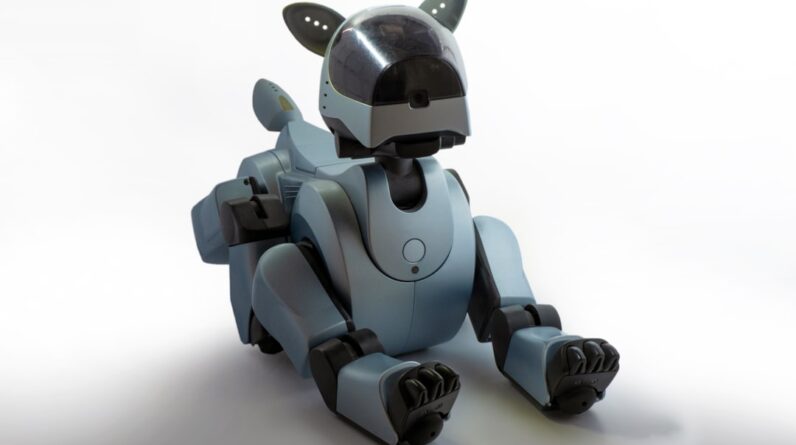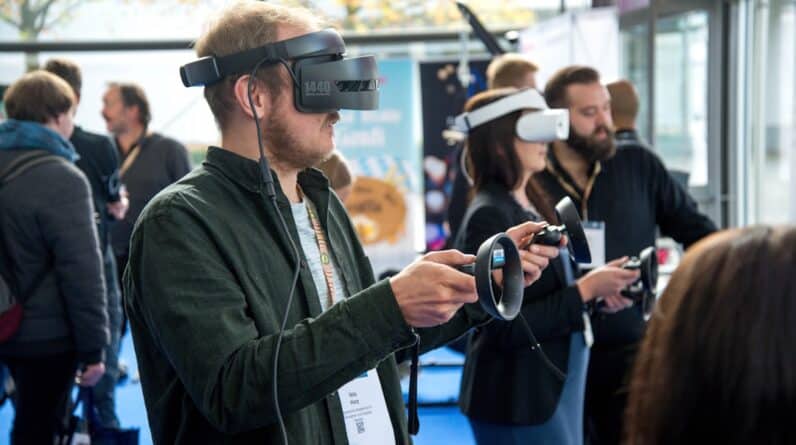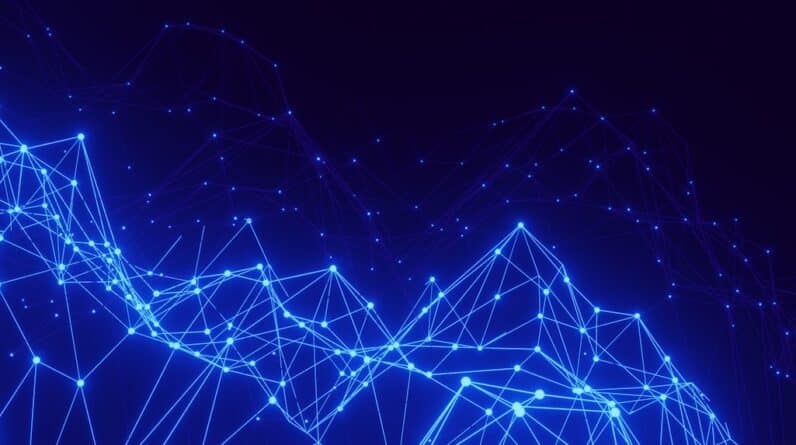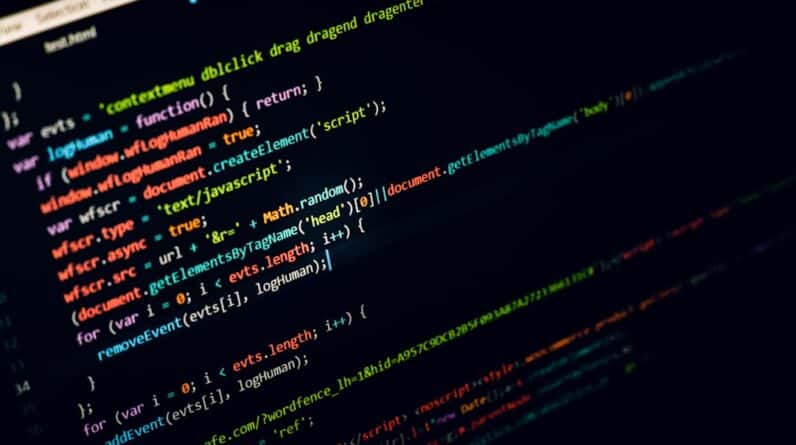As you navigate the complexities of the modern world, artificial intelligence (AI) has become an integral part of your daily life. From the algorithms that curate your social media feeds to the sophisticated systems that power autonomous vehicles, AI is reshaping how you interact with technology and, by extension, with each other. However, as you embrace these advancements, it is crucial to consider the implications they have on human rights.
The intersection of AI and human rights is a burgeoning field of study, raising questions about privacy, fairness, and equality in an increasingly automated society. The rapid development of AI technologies presents both opportunities and challenges. While these innovations can enhance efficiency and improve quality of life, they also pose significant risks to fundamental human rights.
As you delve deeper into this topic, you will discover that the ethical considerations surrounding AI are not merely theoretical; they have real-world consequences that affect individuals and communities. Understanding how AI impacts human rights is essential for fostering a society that values dignity, respect, and justice for all.
Key Takeaways
- Introduction to AI and Human Rights:
- AI has the potential to both positively and negatively impact human rights, and it is important to understand and address these implications.
- The Impact of AI on Privacy Rights:
- AI technologies can pose significant threats to privacy rights through data collection, surveillance, and profiling, requiring robust regulations and safeguards.
- AI and the Right to Fair Trial:
- AI tools used in legal processes must be carefully monitored to ensure they do not compromise the right to a fair trial, including issues of bias and transparency.
- AI and Discrimination:
- AI systems can perpetuate and even exacerbate discrimination, requiring careful consideration of fairness and accountability in their design and implementation.
- AI and the Right to Work:
- The integration of AI in the workplace raises concerns about job displacement, worker surveillance, and the need for retraining and reskilling programs to protect the right to work.
The Impact of AI on Privacy Rights
When you think about privacy, you may envision personal spaces or confidential conversations. However, in the digital age, privacy extends far beyond these traditional boundaries. AI technologies often rely on vast amounts of data to function effectively, which can lead to significant intrusions into your personal life.
From facial recognition systems to data mining practices, the collection and analysis of your information can occur without your explicit consent or knowledge. This raises critical questions about your right to privacy in a world where surveillance is becoming increasingly pervasive. As you consider the implications of AI on privacy rights, it becomes evident that the balance between security and individual freedoms is delicate.
Governments and corporations often justify invasive data collection practices in the name of safety or efficiency. However, this can lead to a slippery slope where your personal information is exploited for purposes beyond what you might deem acceptable. The challenge lies in establishing robust legal frameworks that protect your privacy while allowing for technological advancement.
As you engage with this issue, it is essential to advocate for transparency and accountability in AI systems to ensure that your rights are upheld.
AI and the Right to Fair Trial
The right to a fair trial is a cornerstone of justice systems worldwide, ensuring that individuals receive impartial treatment under the law. However, as AI technologies become more integrated into legal processes, concerns arise about their potential to undermine this fundamental right. For instance, predictive algorithms used in sentencing can inadvertently perpetuate biases present in historical data, leading to unfair outcomes for certain groups.
As you reflect on this issue, consider how the reliance on AI in legal contexts could impact your own access to justice. Moreover, the use of AI in legal proceedings raises questions about transparency and accountability. If algorithms are used to determine guilt or innocence, how can you be sure that these systems are free from bias?
The opacity of many AI models makes it difficult for individuals to challenge decisions made by machines. As you engage with these complexities, it becomes clear that safeguarding the right to a fair trial requires a careful examination of how AI is employed within the justice system. Advocating for ethical standards and oversight mechanisms is essential to ensure that technology serves justice rather than undermines it.
AI and Discrimination
Discrimination remains a pervasive issue in society, affecting various aspects of life, from employment opportunities to access to services. As you explore the role of AI in perpetuating or alleviating discrimination, it is crucial to recognize that these technologies are not inherently neutral. Instead, they often reflect the biases present in the data used to train them.
For example, if an AI system is trained on historical hiring data that favors certain demographics, it may inadvertently discriminate against qualified candidates from underrepresented groups. As you consider the implications of AI on discrimination, it becomes evident that addressing these biases requires a multifaceted approach. You must advocate for diverse datasets and inclusive design practices that account for the experiences of marginalized communities.
Additionally, fostering awareness about the potential for discrimination in AI systems is essential for promoting accountability among developers and organizations. By engaging with these issues, you can contribute to a more equitable future where technology serves as a tool for empowerment rather than exclusion.
AI and the Right to Work
The advent of AI has sparked debates about its impact on employment and the right to work. As automation continues to reshape industries, many individuals find themselves grappling with job displacement and economic uncertainty. While AI has the potential to create new opportunities and enhance productivity, it also poses significant challenges for workers whose skills may become obsolete.
As you navigate this landscape, consider how these changes affect your own career prospects and those of your peers. In light of these developments, it is essential to advocate for policies that support workers during this transition. This includes investing in education and training programs that equip individuals with the skills needed for emerging job markets.
Additionally, as you engage with discussions about AI and work, consider the importance of social safety nets that protect those who may be adversely affected by technological advancements. By championing these initiatives, you can help ensure that the right to work remains accessible and equitable in an era defined by rapid change.
AI and Freedom of Expression
Freedom of expression is a fundamental human right that allows individuals to voice their opinions and share ideas without fear of censorship or retaliation. However, as AI technologies increasingly mediate communication platforms, concerns arise about their potential to stifle this essential freedom. Algorithms that govern content moderation can inadvertently suppress diverse viewpoints or amplify harmful narratives based on biased training data.
As you reflect on this issue, consider how these dynamics impact your ability to engage in open discourse. Moreover, the role of AI in shaping public opinion cannot be overlooked. The use of targeted advertising and misinformation campaigns can distort perceptions and manipulate narratives in ways that undermine democratic processes.
As you engage with these complexities, it becomes clear that safeguarding freedom of expression requires vigilance and advocacy for transparent practices within digital platforms. By promoting accountability among tech companies and supporting initiatives that protect diverse voices, you can contribute to a healthier public discourse.
AI and the Right to Health
The intersection of AI and health care presents both opportunities and challenges for human rights. On one hand, AI has the potential to revolutionize medical diagnostics and treatment options, improving health outcomes for individuals worldwide. However, as you explore this topic further, it becomes evident that disparities in access to technology can exacerbate existing inequalities in health care.
For instance, marginalized communities may lack access to advanced medical technologies or face barriers in receiving timely care due to systemic biases. As you consider the implications of AI on health rights, it is essential to advocate for equitable access to these innovations. This includes supporting policies that prioritize underserved populations and ensuring that AI systems are designed with inclusivity in mind.
Additionally, fostering collaboration between technologists and health care professionals can help bridge gaps in understanding and implementation. By engaging with these issues, you can contribute to a future where advancements in health care benefit all individuals rather than perpetuating disparities.
Addressing the Unseen Consequences of AI on Human Rights
As you reflect on the multifaceted relationship between AI and human rights, it becomes clear that addressing these challenges requires collective action and awareness. The unseen consequences of AI technologies can have far-reaching implications for privacy, justice, equality, work, expression, and health. By engaging with these issues thoughtfully and critically, you can play a role in shaping a future where technology serves humanity rather than undermines it.
In conclusion, advocating for ethical standards and policies that prioritize human rights is essential as we navigate this rapidly evolving landscape. By fostering dialogue among stakeholders—governments, tech companies, civil society organizations—you can contribute to a more just society where technology enhances rather than diminishes our fundamental rights. As you move forward in this journey, remember that your voice matters; together we can address the unseen consequences of AI on human rights and work towards a future that upholds dignity and respect for all individuals.
There is a fascinating article on AI Lab 360 discussing the potential of AI for environmental good, predicting climate changes, and conserving nature. This article explores how artificial intelligence can be utilized to address pressing environmental issues and make a positive impact on the planet. It is a thought-provoking read that sheds light on the intersection of technology and environmental conservation. To learn more about this topic, check out the article here.
FAQs
What are the potential unseen consequences of AI on human rights?
AI has the potential to impact human rights in various ways, including privacy violations, discrimination, and the erosion of accountability and transparency.
How does AI impact privacy rights?
AI technologies, such as facial recognition and data mining, can infringe on individuals’ privacy rights by collecting and analyzing personal data without consent, leading to potential surveillance and profiling.
What are the concerns regarding AI and discrimination?
AI algorithms can perpetuate and even exacerbate existing biases and discrimination, particularly in areas such as hiring, lending, and law enforcement, leading to unfair treatment and outcomes for certain groups.
How does AI affect accountability and transparency in decision-making?
The use of AI in decision-making processes can obscure the rationale behind certain outcomes, making it difficult to hold individuals or organizations accountable for their actions. This lack of transparency can undermine the right to a fair and impartial legal process.
What measures can be taken to address the potential negative impacts of AI on human rights?
Regulatory frameworks, ethical guidelines, and oversight mechanisms can help mitigate the potential negative impacts of AI on human rights. Additionally, promoting diversity and inclusion in AI development and implementation can help address biases and discrimination.






